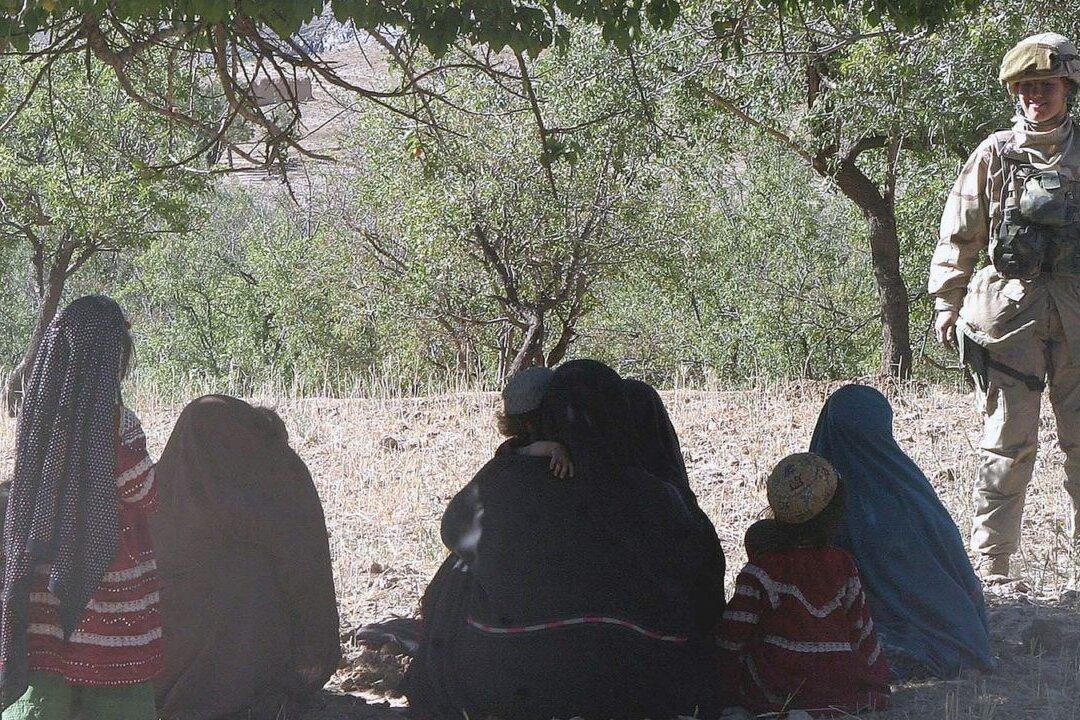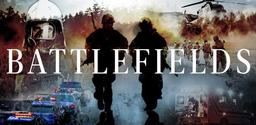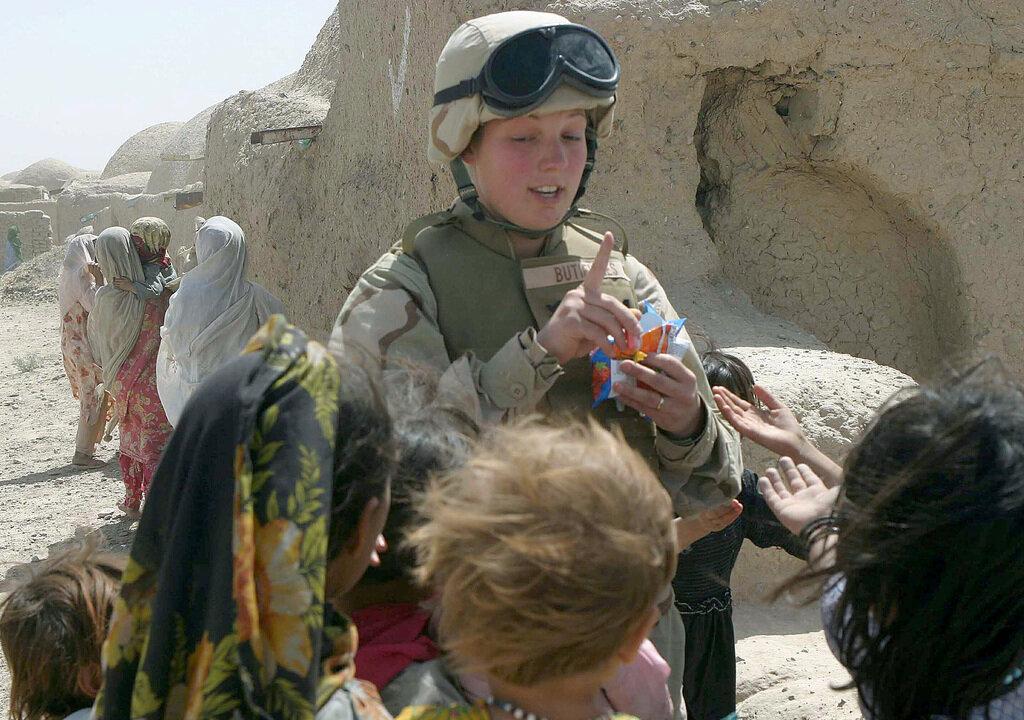Commentary
“Don’t worry. You'll be safe. Women don’t go into combat.” My husband reassured me as I lay with my head on his chest while discussing my fears about my upcoming deployment. His dismissive response annoyed me, but, in the end, he was right.




